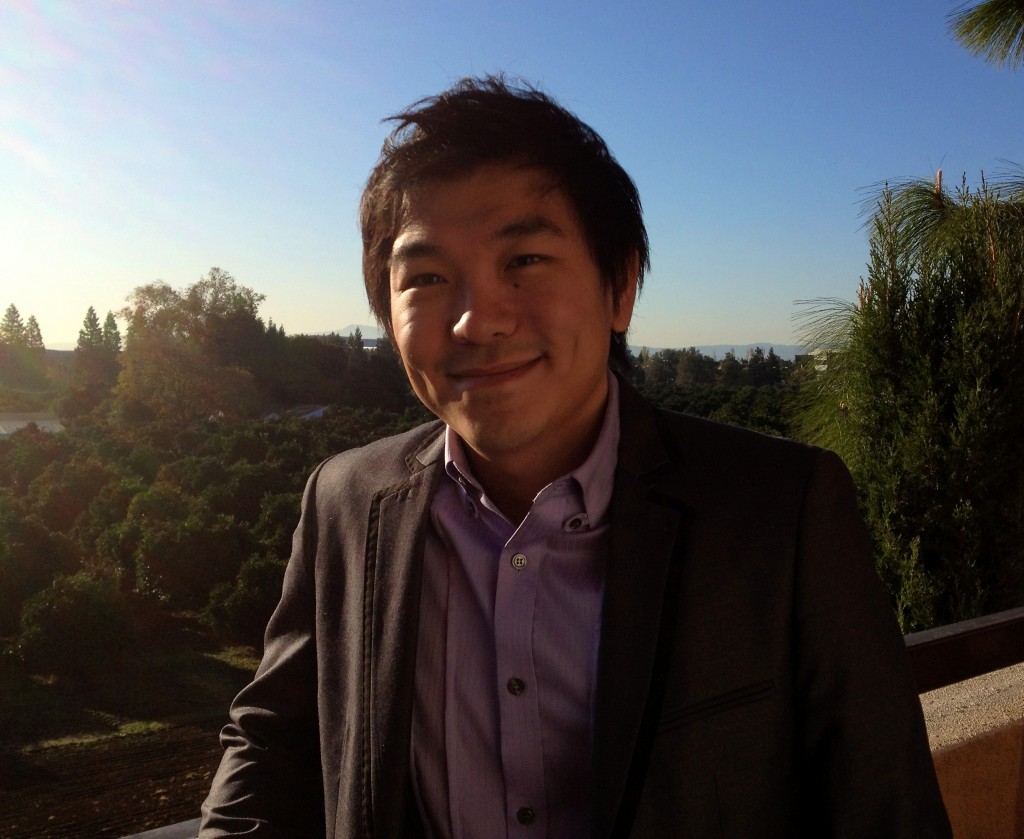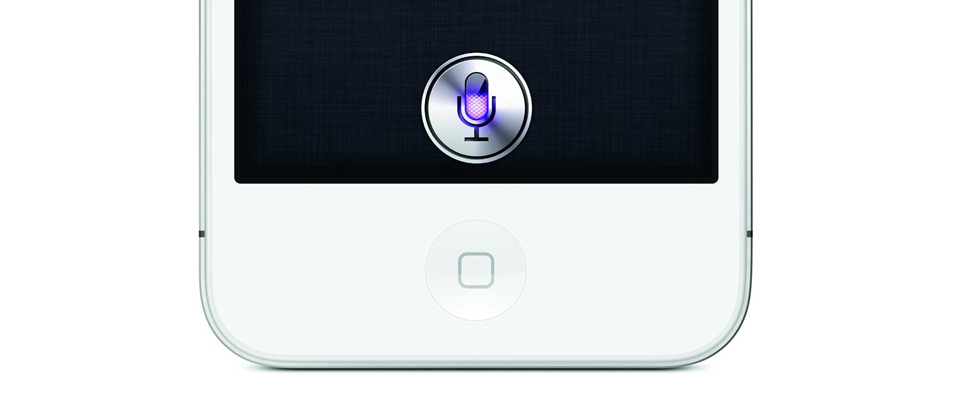
If you were among the millions who bought the new iPhone 4S, then you can thank Dr. Harry Chen, the UMBC alumnus who helped develop the phone’s most notable new feature: Siri.
For those not among the millions, here’s a bit of background: Siri is a virtual assistant that responds to voice commands. “She” can do things like make phone calls, send text messages, set alarms, and find directions. But, the remarkable thing about Siri is that she understands intent. Tell Siri “I’m drunk,” and she’ll bring up a list of cab services in the area. Tell Siri “I want a burger” and she’ll direct you to burger joints nearby, according to ratings.
Before Siri was bought by Apple, it was a small startup company operating out of Silicon Valley. Born out of a research project of SRI International, the company functioned under the moniker “stealth-company.com” until they were ready to disclose what they were working on, says Chen, who joined the team when he was offered a job by Adam Cheyer, one of the company’s initial founders.
The offer came at an ideal moment, after Chen and his wife had decided to start fresh on the West Coast. “We just packed and started looking for jobs,” says Chen who knew that Silicon Valley was the sort of culture he wanted to be in. But, when they made the move in 2008, he had no idea that he would end up contributing to one of the world’s most revolutionary technologies. “It has been a rollercoaster ride for me the past three years,” he says.
It’s no surprise that at UMBC, Chen studied artificial intelligence. He was a founding member of the Ebiquity group, named for its focus on Ubiquitous Computing—the idea that computing devices will seamlessly blend into our environment and enhance our everyday activity. While pursuing a Ph.D. in Computer Science at UMBC, Chen wrote his dissertation on intelligent rooms—rooms with the potential to collect information about their environment to share with different smart devices.
As a Graduate Student, Chen worked as a Research Assistant under Dr. Tim Finin. The position gave him the opportunity to meet other researchers in his field of study–like Cheyer, the man who would eventually offer him a place at Siri. Chen credits Dr. Tim Finin with pushing him forward: “Without him, I would probably not arrive where I am today.”
Today, Chen is a Siri Engineer at Apple and he loves it. “Apple is a very different company,” says Chen, who explains that the company runs more like a start-up than a big corporation. He couldn’t be happier with his decision to switch coasts. He sees Silicon Valley as the center of technological progress. “Reputable companies like Google, Facebook, Apple, Yahoo, Netflix, LinkedIn and Oracle are only a short drive from each other,” he says, “Cool new technologies tend to emerge within the Bay Area and then later spread throughout the world.”
Chen compares the evolution of Siri to a parent watching his child grow up. Though, it isn’t done growing–Chen predicts that the application will continue to improve. Siri is bound to become a model for the future of technology. Everyone—especially children and the elderly–will benefit by being able to interact with a computer just as they would a person: through speech. At least, so says Chen: “The natural evolution is natural language.”
